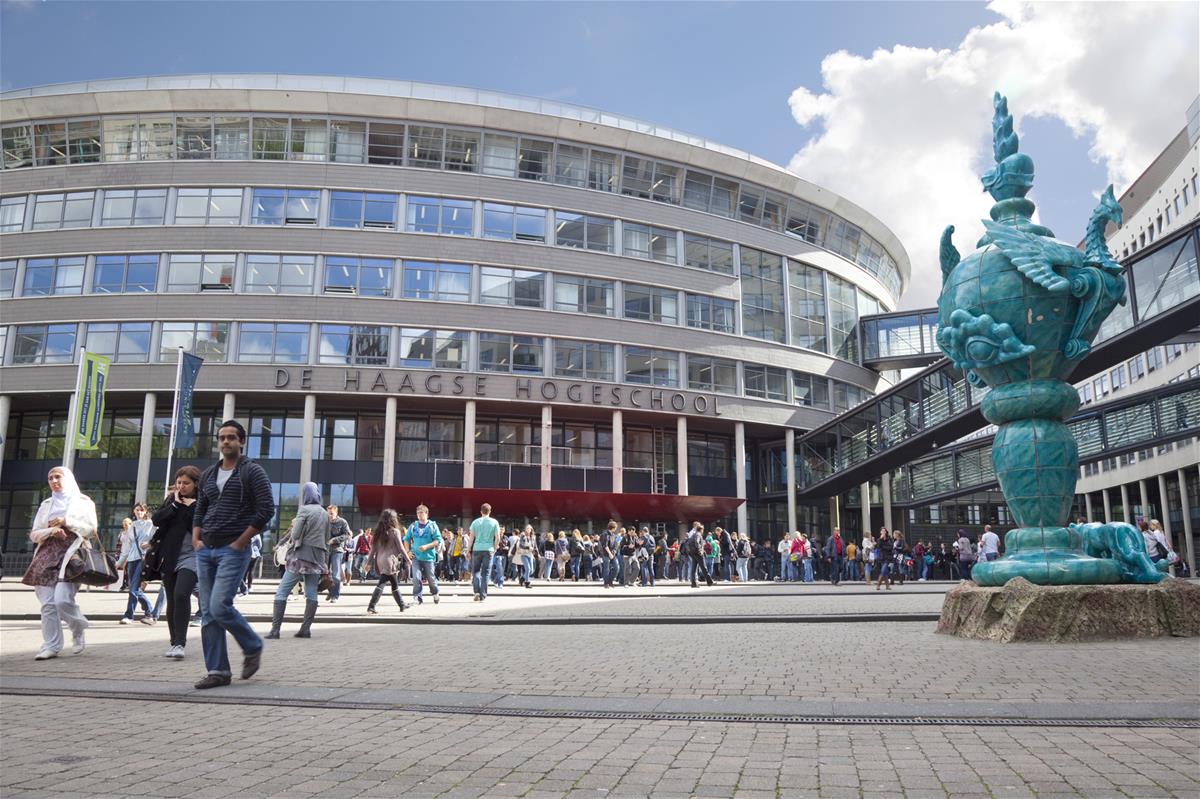Exercise research from questionnaire to measurement
CBS - HHs - RIVM Exercise research: replace the SQUASH questionnaire for determining metabolism through questions about activities and duration by objective measurements with inertial measurement units and (motion)...
Centre of Expertise Digital Operations & Finance

CBS - HHs - RIVM Exercise research: replace the SQUASH questionnaire for determining metabolism through questions about activities and duration by objective measurements with inertial measurement units and (motion) sensors. This project is part of the Smart Health research line of the Research group Smart Sensor Systems.
Objective
This section focuses on testing the applicability, accuracy and cost of various different methods to measure metabolism and movement.
- Which motion sensors, in combination with pattern recognition, provide the best classification of activities?
- Instrument: sensitivity, bias, accuracy, position of the device
- User: which instrument, position of the device
- To what extent do motion sensors provide better results than questionnaires? Willingness to participate and accuracy of the results play a role here.
- What is the cost difference? Is it possible to create measuring instruments that cost less than 20 Euro/participant? Or less than 50 Euro/participant.
Part of this research (although not a THUAS task): - Which questionnaires provide the best estimation of metabolism (EU Pasmos, performed by RIVM)?
Which questionnaire is best replaced by which measurements?
End product/intended outcomes
- Pre-pilot portability
- Conduct exercise research with 40 volunteers in the GVS BT Lab who are simultaneously wearing different types of motion sensors
- Conduct a week-long study with diaries of the same 40 volunteers in daily life wearing an Activ Pal-type accelerometer
- Datacleaning
Machine learning pattern recognition for measurements
Student paper:
Akbas A., Werkhoven C., Safdari A., Turkenberg M., Boon M., 2021 - Using the activPAL accelerometer to predict whether people adhere to the international recommendation for physical activity, The Hague University of Applied Sciences.
Project leader
John Bolte
Participating researchers
Rufus Fraanje and Rowan Voermans, CBS trainee (Mechatronics graduate)
Duration
01-03-18 to 01-03-20 (may be continued until 01-03-22 after evaluation)
Degree programmes and/or minors involved
- TIS - Mechatronics - Machine learning and pattern recognition - automatic activity detection, motion description
- TIS Minor Technical Mathematics/Applied Data Science - classifying activities in weekly data with machine learning and determining MET value
- GVS - Human Kinetic Technology - Metabolism research
Funding
Funding by Ministry of Education, Culture & Science and in kind contribution of CBS staff member
Partners
CBS:
Annemieke Luiten (fieldwork coordinator)
CBS trainee Rowan Voermans, Mechatronics graduate
prof. Dr. Barry Schouten (UU and CBS)
RIVM leads the EU Pasmos project to score five different activity questionnaires on metabolism and the UKK motion sensor.
Student project team
Adnan Akbas, Colin Werkhoven, Ali Safdarim Matthew Turkenberg and Mark Boon